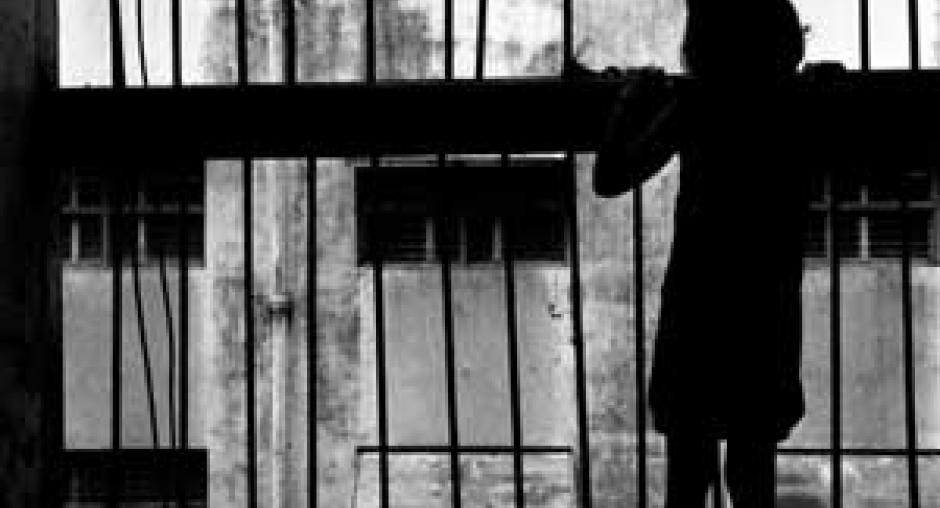Newsroom
All OSCE countries affected by child trafficking, experts say
VIENNA 18 March 2005

Children make up more than 30 per cent of all the trafficking victims. (Katz/Transworld) Photo details
VIENNA, 18 March 2005 - Trafficking in children is on the rise and is a matter of concern for all states throughout the OSCE region, said Helga Konrad, the OSCE's Special Representative on Combating Trafficking in Human Beings, at a conference in Vienna today.
"The number of victims of child trafficking in south-eastern Europe alone doubled in the past three years," she told more than 200 experts who gathered at a one-day event focused on fighting this modern-day form of slavery.
An estimated 1.2 million children - defined as people under 18 - are trafficked throughout the world every year, bought and sold for exploitation in domestic and farm work, in mines and the commercial sex industry. Others are forced into begging or petty crime. Children are lured, kidnapped or sold to be violated, neglected, abused and exploited.
"Children make up more than 30 per cent of all the trafficking victims," Ms Konrad said. "The fear of being contaminated with HIV/AIDS is one of the reasons for the rise in child victims in recent years. Poverty is another major factor that feeds the commercial child sex industry."
Andrea Rossi of the UNICEF Innocenti Research Centre said one difficulty in effectively combating child trafficking was the lack of interest in several OSCE States in ratifying the two international protocols on the issue.
Mike Dottridge, an independent expert on human rights, said: "Trafficking apparently is also linked to the rise in child pornography on the internet. Children don't need to cross a border to be trafficked, as several cases in Russia and elsewhere show."
Helga Konrad stressed the responsibility of states to ensure that children are protected from trafficking. "Appropriate legislation must not only protect children, but also punish the traffickers," she told conference participants.
Protection for child victims needs to be different from that provided for adults. For example, child victims should be granted residence permits without any preconditions, she said.
"Medical and psychological care, as well as appropriate housing, must reflect the special needs of child victims. Unaccompanied children must not be subjected to immediate deportation but instead be protected from actual or potential exploiters."
"The number of victims of child trafficking in south-eastern Europe alone doubled in the past three years," she told more than 200 experts who gathered at a one-day event focused on fighting this modern-day form of slavery.
An estimated 1.2 million children - defined as people under 18 - are trafficked throughout the world every year, bought and sold for exploitation in domestic and farm work, in mines and the commercial sex industry. Others are forced into begging or petty crime. Children are lured, kidnapped or sold to be violated, neglected, abused and exploited.
"Children make up more than 30 per cent of all the trafficking victims," Ms Konrad said. "The fear of being contaminated with HIV/AIDS is one of the reasons for the rise in child victims in recent years. Poverty is another major factor that feeds the commercial child sex industry."
Andrea Rossi of the UNICEF Innocenti Research Centre said one difficulty in effectively combating child trafficking was the lack of interest in several OSCE States in ratifying the two international protocols on the issue.
Mike Dottridge, an independent expert on human rights, said: "Trafficking apparently is also linked to the rise in child pornography on the internet. Children don't need to cross a border to be trafficked, as several cases in Russia and elsewhere show."
Helga Konrad stressed the responsibility of states to ensure that children are protected from trafficking. "Appropriate legislation must not only protect children, but also punish the traffickers," she told conference participants.
Protection for child victims needs to be different from that provided for adults. For example, child victims should be granted residence permits without any preconditions, she said.
"Medical and psychological care, as well as appropriate housing, must reflect the special needs of child victims. Unaccompanied children must not be subjected to immediate deportation but instead be protected from actual or potential exploiters."
